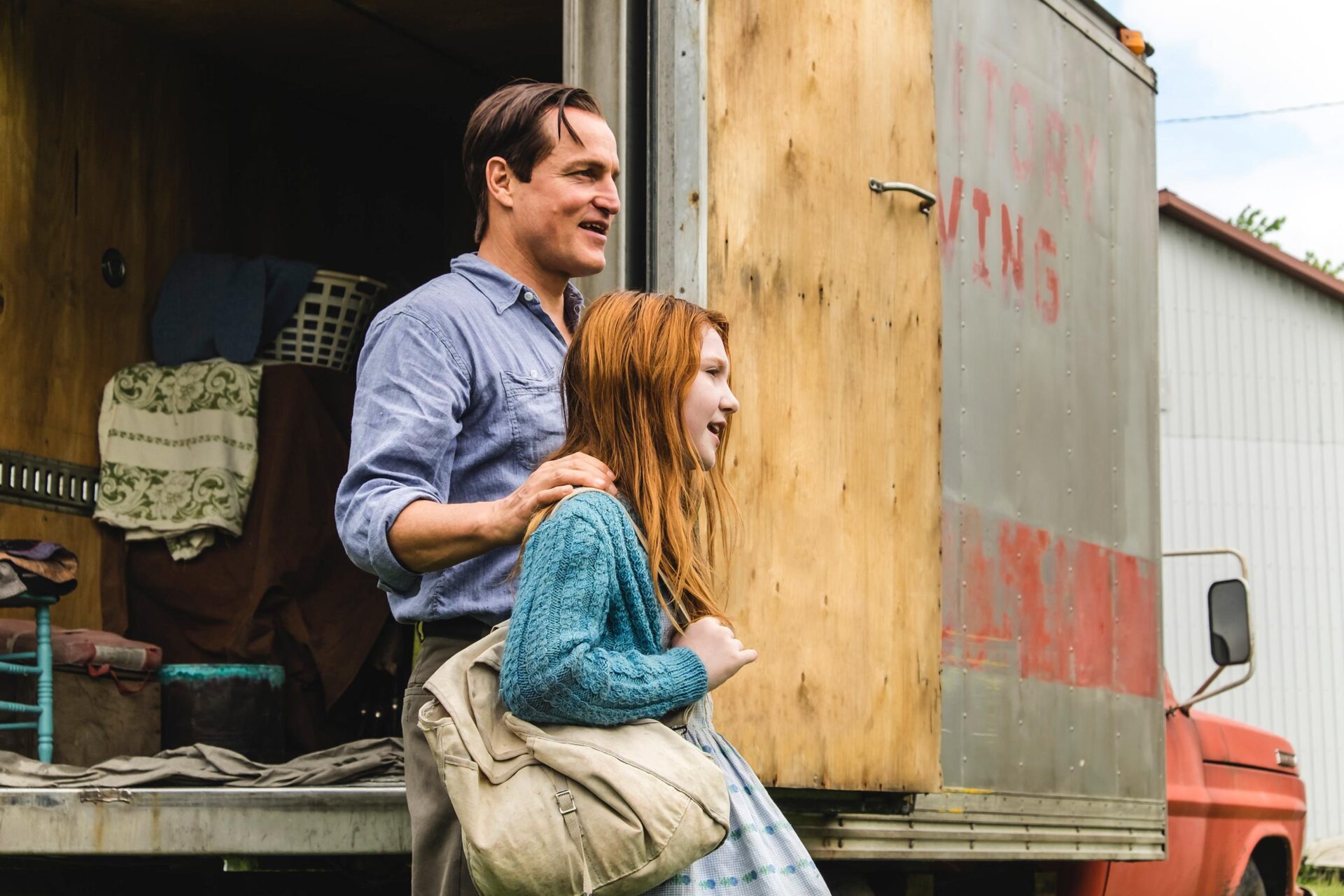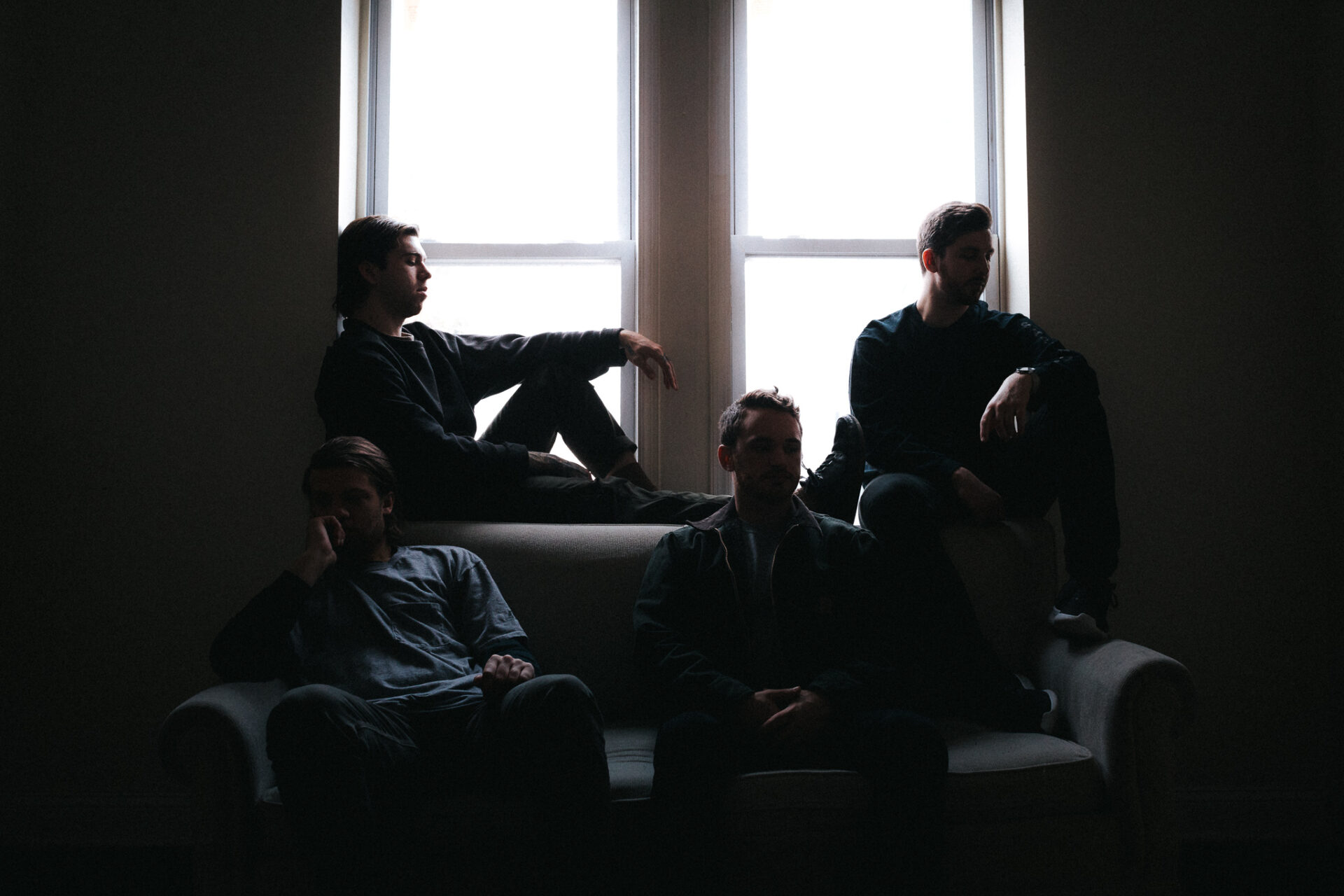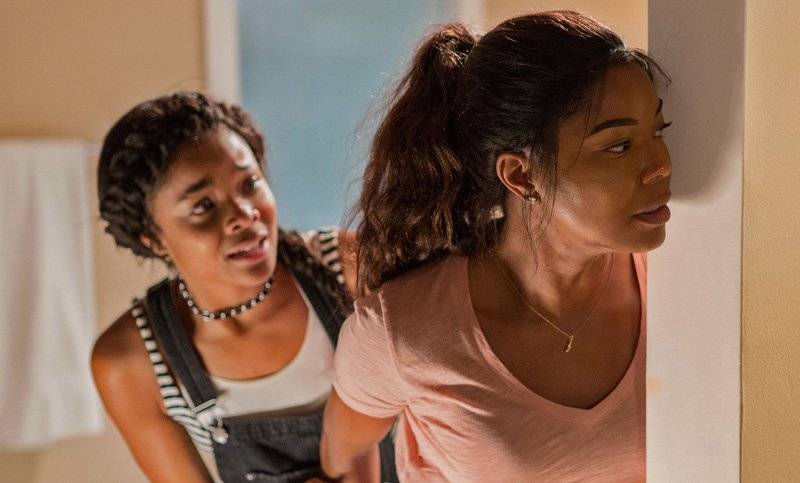There’s a funny bit of business that surfaces when translating a true story to the screen. Even if the events portrayed are reasonable approximations of what actually happened, so much of storytelling comes down to tone and performance as dictated by a director and screenwriter that the message of a film can come across as inappropriate even as it’s presumptively accurate to what its real-world inspiration felt and experienced. This is the case with The Glass Castle, a film based on the memoir of the same name by Jeannette Walls, which portrays her complex relationship with her abusive father.
Jeannette (portrayed in her preteen years by Ella Anderson) lives with her parents, Rex (Woody Harrelson) and Rose Mary (Naomi Watts), and her three siblings as they travel across the country, squatting in dilapidated structures and at times going for days without food. The reason for this is that Rex is a staunch advocate for self-sufficiency and despises the ways in which the wealthy take advantage of the poor for their basic needs, and this is reflected in the loving lessons he teaches his kids. However, he is also a severe alcoholic whose crueler tendencies come to the forefront as he talks a bigger game than he ever cares to deliver in supporting his family and takes his feelings of inadequacy out on those same loved ones he wishes to support. Meanwhile, Rose Mary stays by his side out of a sense of duty and obligation, a co-dependency that she knows hurts her kids but is unable to extricate herself from.
As a character study, The Glass Castle is a fascinating glimpse at the intersection of love, abuse, compassion, neglect, broken promises, and familial duties. Harrelson’s portrayal of Rex is what sells the film, as he is at once a hopeless dreamer who has genuine care for his wife and offspring, but he is also a victim to his own addictions and a selfish, self-serving, and sadistic person who seems incapable of coping with his own regrets or improving past his own abusive upbringing. He is a constantly conflicted being that doesn’t exactly deserve our sympathies for his sometimes monstrous and violent actions, but he does at least deserve our understanding for why he became such a morally confused individual. Watts plays a lesser role than Harrelson, but her inherently supportive turn is a depressingly accurate look at why abusive co-dependency emerges.
The film gets weaker, though, in its framing device as an adult Jeannette (Brie Larson) copes with telling her parents that she is about to marry into money. These moments portray events in which Jeanette and Rex’s tumultuous relationship comes to a head and she confronts him for all the years of abuse that he subjected upon her and her siblings, but then turns around and paints the resolution of her arc as an ultimate forgiveness of her father and a choice to focus on the good times they shared. This is where the aforementioned tonal issues enter into play, as the film veers too far into sentimentality for a man who at one point pushes his wife from a second story window and spends the family’s meager funds on booze. This may be entirely reflective of the real Jeannette Walls’s feelings toward her father, but the complexity of Rex’s portrayal is ill-served by the cleanness with which his and Jeanette’s relationship is resolved.
Even so, The Glass Castle is a remarkable showcase for Anderson, Larson, Watts, and especially Harrelson to demonstrate their performative abilities, and they really do give the impression of a group of tortured souls bound together by the inexplicable ties of family love even as their patriarch does everything in his power to sabotage those ties. There are moments of genuine heartbreak among the schmaltz. It’s just a shame that the film chickens out on painting its climax with the same emotional complexity as its subjects.













